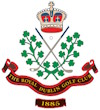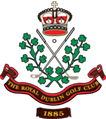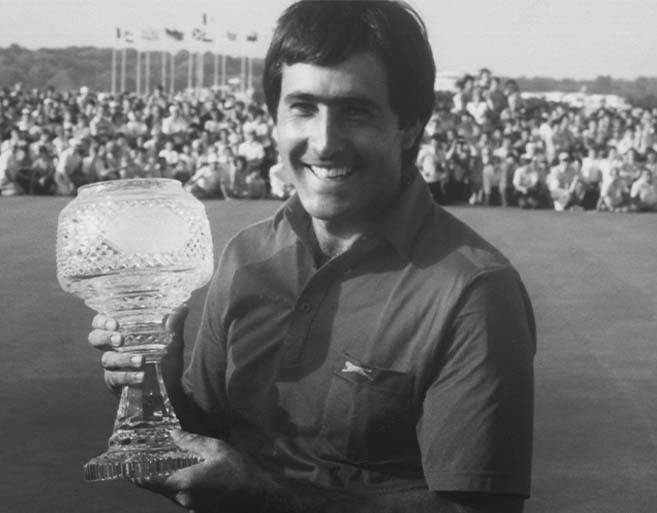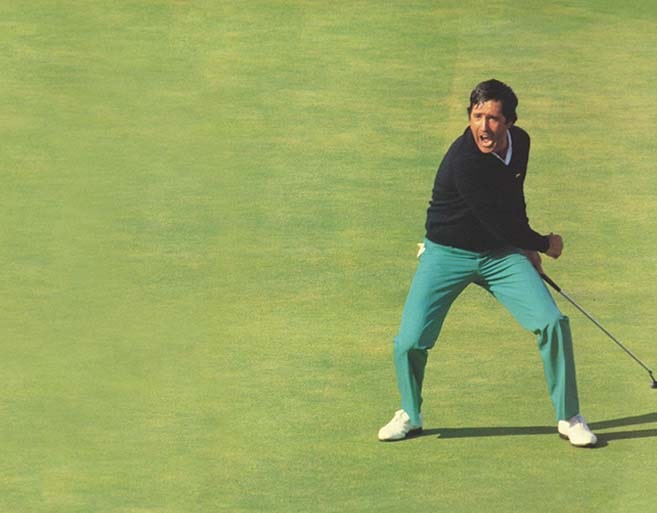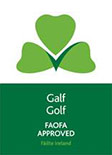Bobby Locke
Arthur D’Arcy “Bobby” Locke, born in Germiston, Transvaal, South Africa on November 20, 1917, showcased his burgeoning talents at the British Open and Irish Open in the summer of 1936.
Aged just 18, the young amateur Locke had already beaten the professionals in the 1935 South African Open.
A year later, still an amateur, he fought his way through a star-studded field in the Open at Hoylake to finish tied for eighth place on 294.
This was just seven shots adrift of winner Alf Padgham, and earned Locke the leading amateur accolade on June 27.
A few weeks after Hoylake, Locke repeated his performance by winning the Silver Salver awarded to the top amateur in the Irish Open played at Royal Dublin from July 14-16.
Locke’s display was described as “the essence of steadiness in his round” and notably that he “putted admirably throughout” by one reporter in scoring 71 for his opening 18 holes.
“His game seems incapable of cracking” was the verdict after a second round 72.
On the final day over 36 holes, Locke rounded off with 74, 70, for 287, to win the amateur prize and a top ten finish overall.
That salver is still to be seen in the Royal Dublin clubhouse.
As for Locke, the steadiness of nerve and composure, and his admirable putting were the foundations of a great career as a professional in the following decades.
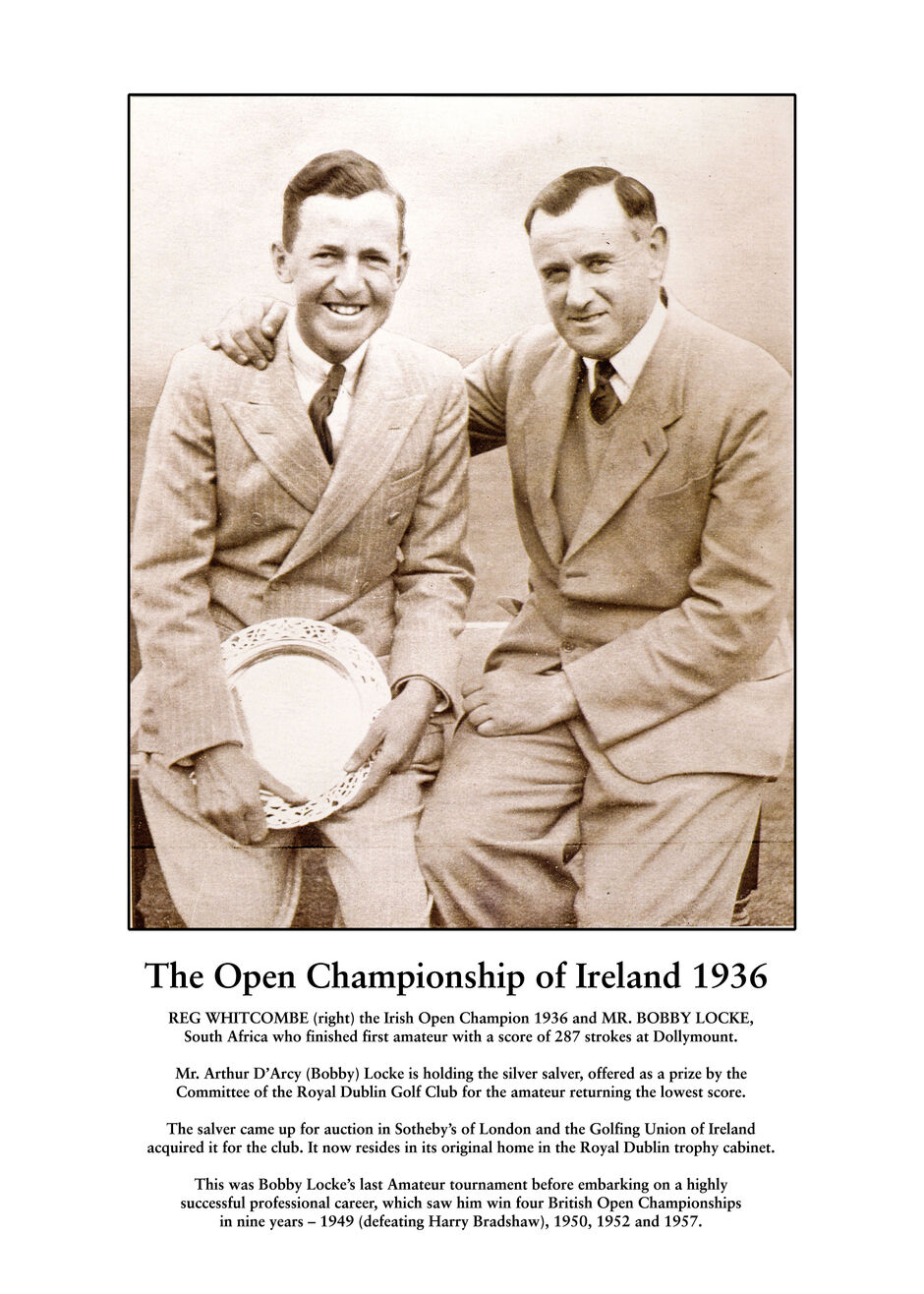
Peter Alliss, Ryder Cup player, tournament winner and renowned television commentator, considered Locke as the greatest putter he had ever seen.
The 1938 Irish Open at Portmarnock was Locke’s first of many professional tournament victories outside his native South Africa.
After the War, which he spent with the South African Air Force, Locke brought his talents across the Atlantic.
Between April 1947 and the end of 1948 he won eight tournaments on what is now the PGA Tour – a winning habit which did not endear himself to many of the American professionals.
Back in Europe, Locke set his sights on winning the Claret Jug and did so in 1949, but not before enduring a 36-hole playoff with Ireland’s Harry Bradshaw.
That Open was, of course, the one in which ‘The Brad’ suffered the infamous “ball in a bottle” incident on the fifth hole in the second round at Royal St George’s.
When Harry decided to play the ball as it lay, which was in a broken bottle, the glass flew everywhere and the ball moved just about 40 yards, leading to a double-bogey six.
It was an upsetting incident and had to be a factor in his scoring 77.
However it is often overlooked in Ireland that Locke shot 76 in round two.
Thus, the two players were tied after 36 holes on 145 – Locke 69,76; Bradshaw 68, 77. They trailed the half way leader Sam King by five shots.
King could not sustain his early form, and fell out of contention.
Meanwhile, the Irishman and the South African each scored 68,70 for a 283 total to finish tied at the end of 72 holes.
Locke made no mistakes in the 36-hole playoff, registering a 12-shot winning margin -135 (67,68) to Bradshaw’s 147 (74, 73).
One writer described Locke that day as “a machine that just would not let go.”
“ I did my best, but my best was just not good enough,” said a disappointed Bradshaw afterwards.
The South African, who, it was said, coined the phrase “you drive for show, you putt for dough” won 74 times in his professional career, including four Open Championships – 1949, 1950, 1952, and 1957.
In 1960 Locke suffered serious injuries when his car was hit by a train at a level crossing.
He could have been killed, but survived, only for the after-effects of the injuries to end of his playing career.
Bobby Locke’s contribution to the game and his achievements were marked by his election to membership of the World Golf Hall of Fame in 1977.
He passed away in Johannesburg aged 69 on March 9, 1987.
